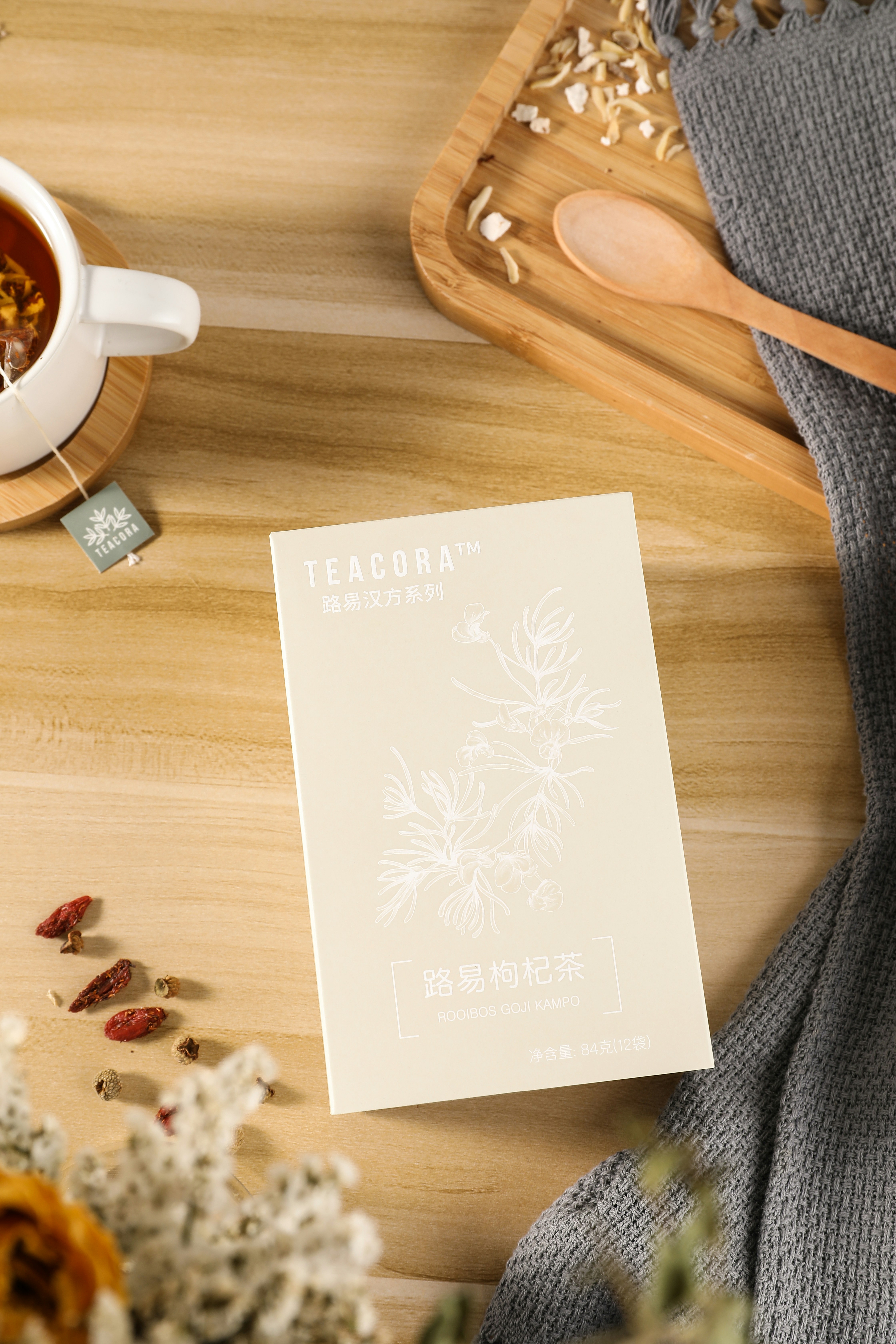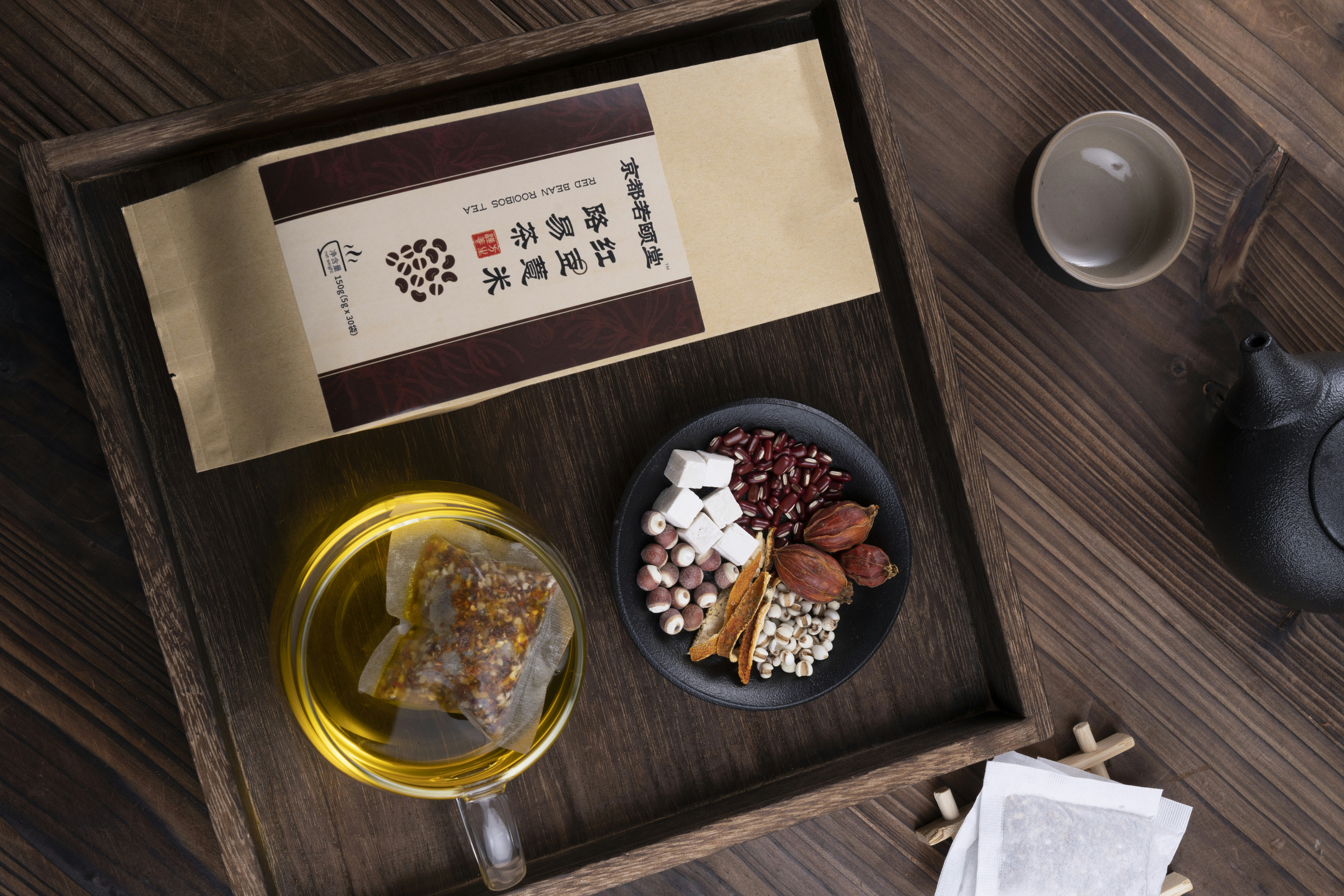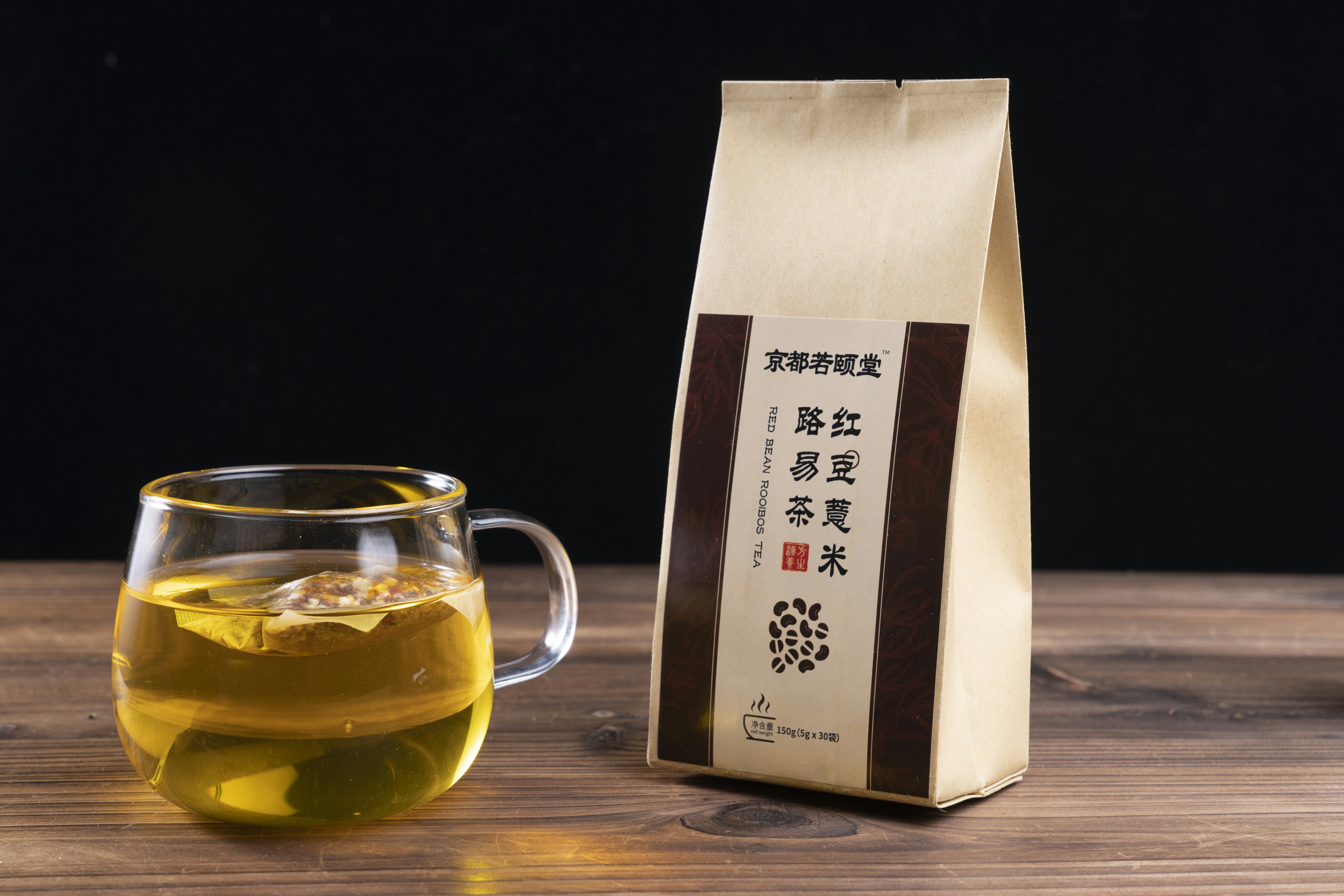Have you ever wondered how cultural approaches to menopause can influence well-being? In Japan, traditional practices often intertwine with modern science to create unique remedies for managing menopause symptoms. Understanding these methods can provide you with insight into alternative options that may resonate with you.
Understanding Menopause
Menopause is a natural biological process that marks the end of a woman’s reproductive years. It typically occurs between the ages of 45 and 55, although it can happen earlier or later. The transition can bring a host of physical and emotional symptoms, prompting many to seek effective remedies.
Common Symptoms
During menopause, you might experience various symptoms, including:
- Hot Flashes: Sudden feelings of heat that often come with sweating and may disrupt sleep.
- Mood Swings: Fluctuating emotions that may leave you feeling irritable or anxious.
- Weight Gain: Metabolic changes that can contribute to an increase in body weight.
- Sleep Disturbances: Trouble falling or staying asleep, often exacerbated by night sweats.
- Vaginal Dryness: Changes in hormonal levels can lead to discomfort during intimacy.
Cultural Perspectives on Menopause
Different cultures have distinct ways of viewing menopause. In Japan, the process is often seen as a natural progression rather than a medical condition that requires treatment, in contrast to many Western perspectives.
The Japanese Approach to Menopause
Japan has a rich cultural history when it comes to health practices. Traditional Japanese medicine often emphasizes balance and harmony within the body. This perspective shapes how menopause is approached, focusing on natural remedies and lifestyle adjustments.
Traditional Japanese Remedies
-
Dietary Practices
The Japanese diet is famous for being healthy, emphasizing whole foods, fish, and fermented products. Certain foods are believed to help alleviate menopause symptoms:
Food Type Benefits Soy Products Rich in phytoestrogens, which mimic estrogen and may help balance hormone levels. Seaweed Contains iodine, which supports thyroid function and metabolism. Fermented Foods Help improve gut health, which is linked to hormone regulation. -
Herbal Remedies
Herbal medicine plays a significant role in managing menopause symptoms in Japan. Some popular herbs include:
- Shatavari: Known for its hormone-balancing properties.
- Ginger: Can help with digestive issues and discomfort.
- Mugwort (Yomogi): Traditionally used to alleviate menstrual and menopausal symptoms.
Mind-Body Practices
Mindfulness and relaxation practices are integral to Japanese culture and can complement the dietary and herbal remedies.
-
Meditation
Regular meditation can help ease emotional symptoms, like anxiety and mood swings. A few minutes of deep-breathing exercises daily can make a considerable difference in your emotional well-being.
-
Yoga and Tai Chi
Both yoga and tai chi are gentle exercises that focus on flexibility, strength, and relaxation. Incorporating these practices into your routine can help reduce stress and physical discomfort.
Acupuncture
Acupuncture is another traditional practice that can be beneficial for managing menopause symptoms. Fine needles are inserted into specific points on the body to promote balance and relieve tension. Many find that acupuncture helps reduce hot flashes and improve overall well-being.
Modern Japanese Treatments
As much as traditional remedies are cherished, modern medicine also plays a vital role in managing menopause in Japan. Depending on your needs and preferences, you might want to explore various contemporary options:
Hormone Replacement Therapy (HRT)
HRT is often prescribed to help relieve severe menopausal symptoms. It involves taking medications containing female hormones to replace the ones the body no longer produces. Doctors in Japan are increasingly considering the individual needs and medical histories of their patients before recommending HRT.
Nutraceuticals and Supplements
In recent years, nutraceuticals—products derived from food sources with health benefits—have gained traction in Japan. These include:
- Omega-3 Fatty Acids: Found in fish and flaxseeds, they are known for their anti-inflammatory properties and can support heart health.
- Calcium and Vitamin D: Essential for bone health, especially during menopause when bone density can decrease.
- Probiotics: Support gut health, which can influence mood and overall hormone regulation.
Lifestyle Adjustments
Your daily habits can significantly impact how you experience menopause. Making conscious lifestyle choices is crucial to finding relief and enhancing your well-being.
Regular Exercise
Incorporating exercise into your routine is one of the best ways to manage symptoms. Aim for a mix of aerobic, strength, and flexibility exercises. This could mean walking, swimming, or participating in dance classes—whatever you enjoy!
Stress Management
Finding methods to reduce stress is essential; this can be done through relaxation techniques like deep breathing, journaling, or engaging in hobbies that bring joy. Remember, taking time for yourself isn’t just a luxury; it’s a necessity.
Sleep Hygiene
Sleep disturbances can be particularly troublesome during menopause. Establishing a nightly routine can help improve your sleep quality. Consider the following tips:
| Tip | Description |
|---|---|
| Consistency | Go to bed and wake up at the same time each day. |
| Limit Screen Time | Avoid screens an hour before bedtime, as blue light can disrupt sleep. |
| Create a Relaxing Environment | Make your bedroom a restful space by keeping it dark, quiet, and cool. |
Japanese Community Support
Communities play an essential role in health and well-being. In Japan, women often gather to share their experiences and support each other through this transition. If you’re feeling isolated, consider seeking out local support groups or online communities where you can connect with others going through similar experiences.
Sharing Knowledge
Engaging in conversations about menopause can help demystify the process and make it feel less daunting. The more you share and discuss, the more empowered you will feel during this life phase.
Embracing Change
The transition into menopause can transform your life in ways you may not have anticipated. While symptoms can sometimes be challenging, many women find that this stage also brings newfound freedom and opportunity for self-discovery.
Redefining Identity
Menopause can create an opening for you to reassess your priorities, explore new interests, and redefine your sense of identity. Think of this time as an opportunity to focus on self-care and personal growth.
Celebrating Wisdom
As you navigate these changes, remember that each experience brings wisdom. Embrace the growth mindset that comes with age. Women often find strength and resilience during this stage of life, contributing to a more profound understanding of self and community.
Conclusion
Considering the Japanese approach to menopause can provide you with valuable insights into managing symptoms and embracing this new life chapter. From dietary changes and herbal remedies to modern treatments and lifestyle modifications, there are numerous paths to explore.
It is essential to listen to your body and find what works best for you. Engage with your community, seek support, and, above all, give yourself grace during this transition. Your journey through menopause is uniquely yours, filled with opportunities for growth, renewal, and self-empowerment.
As you reflect on the different strategies discussed, think about which ones resonate with you the most. This is your time to thrive, so lean into the wisdom of those who have come before, but also honor your own path. Remember, menopause is not the end but a natural progression inviting you to embrace life with renewed enthusiasm.


